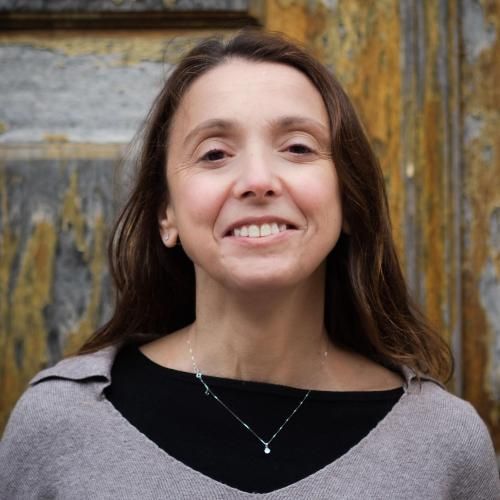
ANA
FERNANDEZ VILAS
CATEDRATICO/A UNIVERSIDADE - TEMPO COMPLETO
Departamento: Enxeñaría telemática
Centro: Escola De Enxeñaría De Telecomunicación
Centro de investigación: ATLANTTIC
Campus: Vigo
Área: Enxeñaría Telemática
Grupo de investigación: Information and Computing Laboratory
Correo: avilas@uvigo.es
Web persoal: https://iclab.det.uvigo.es/avilas
Doutora pola Universidade de Vigo coa tese Tratamiento formal de sistemas con requisitos de tiempo real críticos 2002. Dirixida por Dr/a. José Juan Pazos Arias.
Ana Fernández Vilas is a PhD in Telecommunications Engineering from the Universidade de Vigo (2002) and Professor at the same university since 2003. She belongs to the AtlanTTic research center (atlanttic.uvigo.es) and has contributed to the generation of knowledge mainly in the areas of computer science and networking, under an applied perspective, to address several societal challenges. Her research & innovation activities mainly focus on the design and experimentation of cooperative & collaborative strategies for decision-making in highly distributed environments (cloud, fog, edge, mist) across several application areas: teaching-learning, social networks, smart cities, smart grids, sensors orchestration, health, financial market, etc. In the last 10 years, she has participated in 6 nationally funded research projects (3 as principal researcher CLOUDIA, MAGOS, COMPROMISE & QURSA); 4 of these projects are collaborative initiatives with the University Carlos III of Madrid and the Polytechnic University of Catalonia. Under these projects, she pursued the crystallization of the theoretical foundation of artificial intelligence in current scenarios, considering service-network demands, but also crosscutting requirements related to the carbon footprint of large scale systems; the privacy of data and the security of the proposed solution — COMPROMISE (compromise.upc.edu). Also, under the societal mission of her research, she was involved in initiatives for fighting sexism in digital media and preserving ethics in machine learning. She is now leading the national project QURSA (qursa.uvigo.es) in the area of Quantum Technologies, potentially greener, where her contribution is also related to the design of architectures and services, specifically to ease quantum key distribution. In this research topic, she is also contributing to a case study in the framework of Complementary Plan in Quantum Communication (CPQC) at the Recovery, Transformation and Resilience Plan of Spanish Government (PRTR). On the other hand, Ana has contributed to broader society by her active involvement and leadership in several EU cooperation programs targeted to higher education in developing countries (North & Central Africa, Western Balkans and Middle East). There, she has been working in multicultural, diverse, and multidisciplinary teams. Remarkably, she led an Erasmus+ Capacity Building consortium — AuditUM — for technology transfer to Moroccan Universities in the field of automated tools of internal audit and control; and an Erasmus Mundus Mobility consortium —GreenTech —to train 152 students and teachers by mobility flows among the EU and the Western Balkans. She also participated in other cooperation projects to transfer capacities to higher education institutions in management, teaching, assessment, governance, etc.









